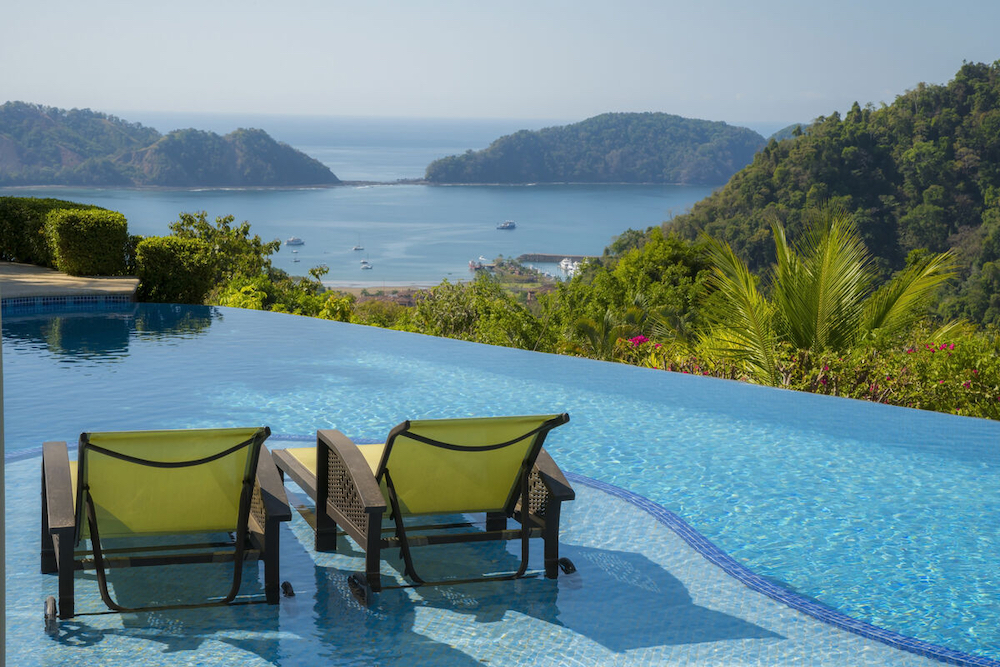- Equal rights for foreigners: One of the reasons Costa Rica is a magnet for international investors is that foreigners here have the same property rights as Costa Rican citizens. This means you can buy a beachfront home or a mountain villa without legal restrictions (with certain exceptions for properties in maritime land zones).
- No residency required: You don’t need to be a resident to buy property in Costa Rica. You can be a tourist and still invest in real estate in Costa Rica. However, if you plan to stay and enjoy your investment, you might consider applying for residency later.
- Friendly Market: The buying process is quite simple, and Luxury Living Costa Rica l Forbes Global Properties will be there to guide you every step of the way. We offer local knowledge with global reach and cultural understanding, for a trustworthy and secure experience.
Legal requirements and regulations for international investors
To purchase a property in Costa Rica, there are certain legal requirements that must be met.
- Property Registry: All properties must be registered in the Costa Rican Public Property Registry, which is accessible to all citizens. This will allow you to verify that the property has a clear title and is free of legal issues.
- Corporations: Many properties in Costa Rica are purchased through legal entities, which can be beneficial for asset protection purposes, facilitates management and transfer of property, and also allows for better estate and succession planning.
- Maritime-Terrestrial Zones: If you are looking to purchase beach property, please note that the regime governing the maritime-terrestrial zone in Costa Rica is called the Maritime-Terrestrial Zone Regime. Its main legal framework is the Maritime-Terrestrial Zone Law (Law No. 6043), enacted in 1977. This law defines, regulates, and administers the use of the 200-meter-wide coastal strip measured from the high tide line. Within this zone:
- The first 50 meters are for absolute public use, inalienable and imprescriptible.
- The remaining 150 meters (called the “restricted zone”) can be used under concessions granted by municipalities, but cannot be sold as private property.
- Additional Taxes and Costs: In addition to the property price, other costs such as the property transfer tax (1.5% of the property value) and legal fees must be considered. In Costa Rica, the real estate agent’s commission is covered by the seller unless a separate agreement is signed between the buyer and the broker for exclusive representation that includes payment of fees.



